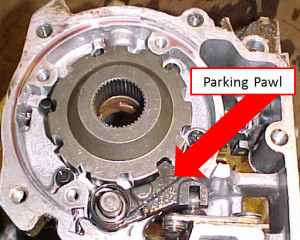I have an old Toyota in which the handbrake wire is broken. I have been using the car for few months now and I don't really want to spend more money on it. I now put the car in park and that is it and I had an argument with a friend on this matter. My questions are:
do I really have to replace this wire knowing that I use the car to commute and short trips?
could this affect the brakes of the car and cause it to fail faster than it is supposed to?
is there a better practice?

